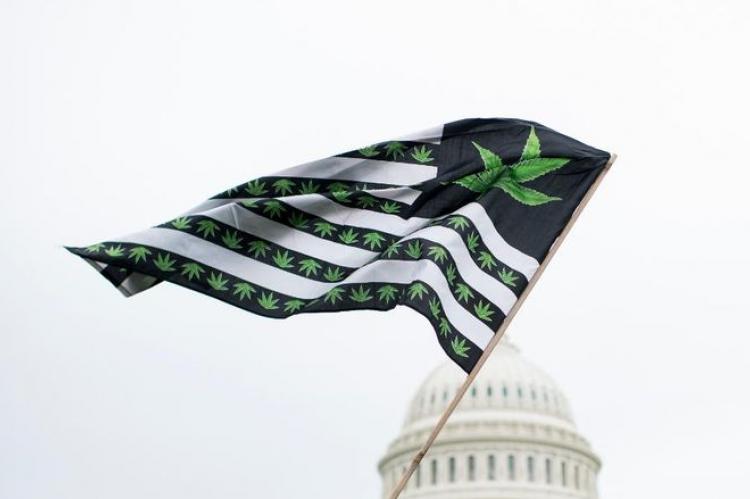Washington Legislature passes bill aiming to diversify cannabis industry
Advocates for equity in the cannabis industry hope to see more diversity among licensees if a bill approved by the Legislature gets the governor’s signature.
The legislation, which passed through the House 57-40 Tuesday, creates a task force that will help create the Marijuana Social Equity Program. It would allow the Liquor and Cannabis Board (LCB) to issue forfeited, canceled and revoked retail licenses to applicants in communities disproportionately impacted by the war on drugs. The program would last for eight years.
Among other things, the program would consider the applicant’s personal or family history with the criminal justice system and in which neighborhood they plan to operate. A technical assistance grant program would also be created for new licensees.
If signed by Gov. Jay Inslee, the new licenses could be issued as soon as Dec. 1.
Rep. Eric Pettigrew, D-Seattle, who sponsored House Bill 2870, said the road to the final bill was long and confusing, but “worth it.”
“With marijuana, I was just thinking of it as a potential revenue source,” Pettigrew said Tuesday.
He originally sponsored a bill that would allow out-of-state money to flow into the industry. But Pettigrew received fierce pushback from advocates and minority-owned businesses, who said the move would lead to consolidation and success only for wealthy white investors.
“That was an awakening for me,” Pettigrew said.
According to the American Civil Liberties Union, Black people were almost four times more likely than white people to be arrested on charges of marijuana possession before it became legal in Washington.
Recreational marijuana has been legal in the state since 2012, and last year the state took initiative to wipe misdemeanor marijuana charges from people’s records.
The state’s Commission on African American Affairs estimates that about 1% of recreational cannabis licenses are held by Black and brown people.
Paula Sardinas, from the Commission on African American Affairs, worked with Pettigrew and other stakeholders to craft the bill, and said she was scared it would be stripped down to something powerless. One proposed amendment would have eliminated the social equity program and instead fund a group to study social equity in the cannabis industry.
“We don’t need any more studies,” Sardinas said.
For Sardinas and other advocates say Black people were excluded from the legal recreational marijuana industry from the get-go.
Rick Garza, director of the Liquor and Cannabis Board (LCB), agreed, telling lawmakers that the state “missed an opportunity” to address social inequities when the state legalized recreational marijuana.
But many think the LCB is part of the problem. An independent review released last December suggested the LCB was in need of a culture change, pointing out that the agency operated more like a law enforcement agency than a regulatory one.
The report also described how some licensees felt like the agency was overly eager to find businesses out of compliance, and that some officers are “anti-cannabis,” treating legal business owners like criminals despite legalization.
Sardinas and Pettigrew said the legislation is a good start, and that the next step is addressing the LCB.
“People are concerned that the LCB will hand them a license with the right hand and claw it back with the left,” Sardinas said.
During floor debate Monday, Republican lawmakers expressed frustration that a the task force responsible for helping develop the social equity program would be required to have representation from a labor organization. Democrats said including a labor organization in the process would ensure that workers’ interests and rights were considered.
But Sen. Maureen Walsh, R-Walla Walla, argued that the move invited unionization into the industry.
“This is premature,” said Walsh. “We have not had folks in this industry clamoring to be unionized.”
- Log in to post comments

